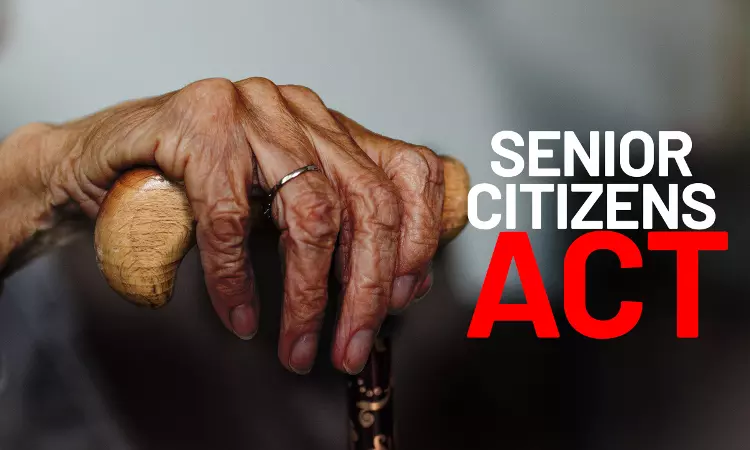Orders Passed By Tribunals Under Senior Citizens Act Also Amenable To Challenge Under Article 227: Delhi High Court
Nupur Thapliyal
26 March 2024 10:30 PM IST

Next Story
26 March 2024 10:30 PM IST
The Delhi High Court has observed that the orders passed by the tribunals under the Maintenance and Welfare of Parents and Senior Citizens Act, 2007, are also separately amenable to challenge under Article 227 of the Constitution of India.A division bench comprising Acting Chief Justice Manmohan and Justice Manmeet Pritam Singh Arora relied upon various judgments on the issue and observed...
